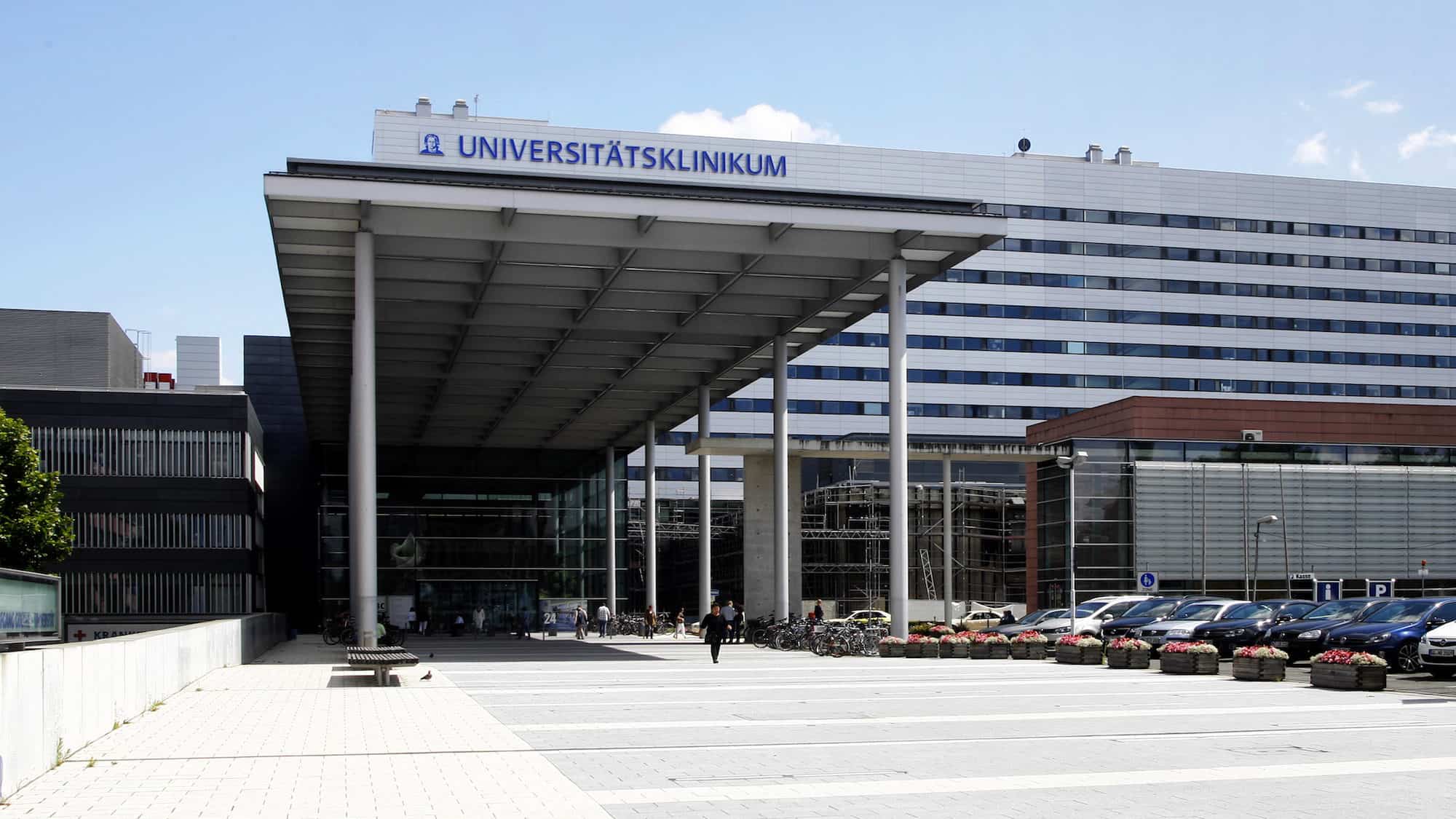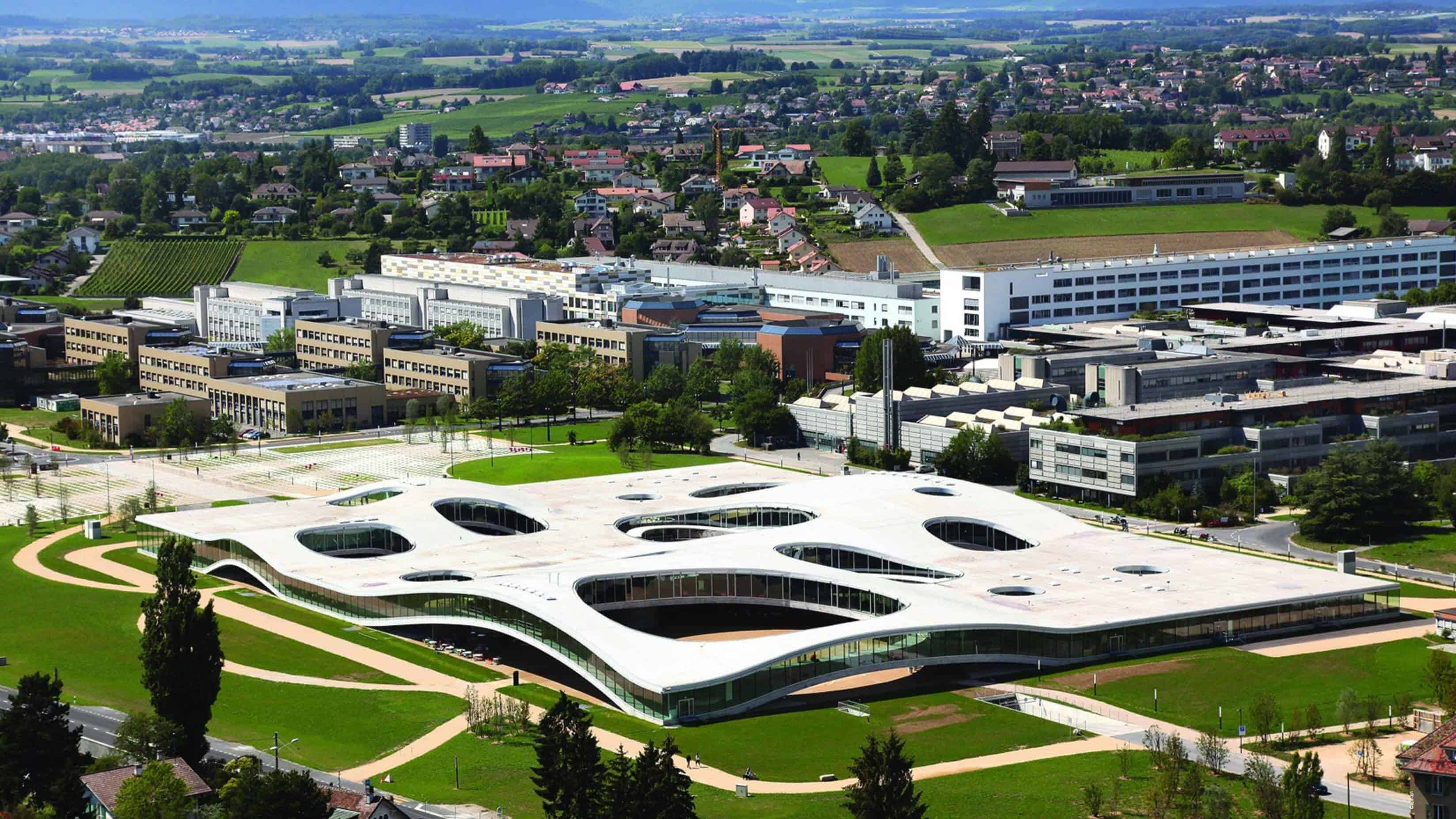Lars Hellerung Christiansen has more than 30 years of experience as a serial entrepreneur in biotech and pharma. The astute businessman with a striking track record visited Verve Venture’s flagship investor event together with Karsten Lindhardt, the CEO of Biograil. In this interview, Lars shares some of his experience in how to identify promising startups and help them succeed.

Investor, Advisor, Serial Entrepreneur
Lars Hellerung Christiansen is an advisor and investor of Biograil, a Danish drug delivery startup. He has co-founded 3 companies that did an IPO on the NASDAQ stock exchange: Acadia Pharmaceutical, Zealand Pharma, and Epizyme. Another company he co-founded, Prosidion, merged with OSI Pharmaceutical which was acquired by Astellas Pharma for USD 4 billion. He has co-founded several other biotech startups that are still privately held eg. Symphogen. The latest company he co-founded is Afix Therapeutics which develops a novel delivery system for diseases in the mouth and is currently in phase IIb trials. In 2017, Lars was nominated for the E&Y life sciences entrepreneur of the year award.
You’ve spent the better part of your career helping startups grow from small teams to big successes. Where does this fascination come from?
My father is the founder of Bygma Gruppen, the largest privately-owned lumberyard in Denmark. The urge to cross borders and build things up from scratch is in my blood. For me, it all started in 1995 when I co-founded Acadia Pharmaceutical together with Professor Mark Brann and John Barberich. There was a small team in Vermont in the US. We raised around 20 Million in Copenhagen. It took some time until Acadia had its first product on the market, that was seven years ago. But now it is a very successful company listed on the NASDAQ with a market capitalization of 6 billion Dollars.
You’ve studied economics. How did you know of biotech at a time when this was still a small sector?
After university, I worked for a hearing aid company first, then for a company in ultrasound and started to work for an investment agency with responsibility for biotech in the Medicon Valley region in 1993. Since then, I’ve been loyal to the field.
You’ve co-founded several other successful startups since then. What is a typical role you have in these early companies?
My role is to bring financing to the table and to help management scale up the company. This is something that benefits greatly from experience. For finance matters, in the beginning, I worked closely together with Florian Schönharting, a biotech investment veteran who I consider one of the best stockpickers in the world. He is behind several companies and Nordic Biotech Funds and has garnered some fame because of a settlement with Biogen.
Finding financing is one thing, but how did you decide that Acadia would have some chance of success?
It was, and it always is, the people. Before I take any decision to work with someone or not, I have a lot of different interactions with them. This gives me the opportunity to find out what they’re really after, if it is the science they believe in or if it just a motivation to make money.
You’ve repeated your success with Zealand Pharma, Epizyme, which also became public companies and (OSI)Prosidion, which was sold for USD 4 billion. What are the most important learnings from all these cases?
You need to get the right people on board early, this is the most sensitive topic. But as the business guy I also always was very cautious with the burn rate of a startup. The salaries at the top level should stay modest, the money should be used for discovery since it is other people’s money. And this is an inherent conflict, you need brilliant people but can’t pay that much. The solution for this dilemma is, of course, that shares should be an important part of their compensation.
Every startup will agree that hiring the right people is important. But how do you find them?
I have a very large network that spans the Atlantic. The people that you want to hire aren’t looking for a job, they have their place and their career. What I have is a candidate list of people of which I know what kind of challenges they would like to take on eventually if everything is right. It is a puzzle you need to assemble. Technology, funding, people, all three elements have to be strong to have a good chance to pull it off.
Can you elaborate on what you mean by that?
For the technology side, you need strong intellectual property and data that supports your claims, depending on the stage of the company. A good CEO needs to be able to seize an opportunity when it materializes, but even more important is that the person is able to turn the bad things that will happen into something positive. The initial plans you work with will fail. For me personally, it is important to have some validation of a concept from the outside, this is why I like to see collaboration with pharma companies even in an early stage.

The deep-tech VC of choice for entrepreneurial investors
Since 2010, we have invested in 180 European deep tech companies based on topical experience. With a highly skilled team of investment professionals, we back outstanding entrepreneurs driving growth in key industries. Verve is the pioneer of deep tech in Europe.
You support Biograil, the Danish startup that wants to deliver peptides and biologicals through the stomach, as a board member and as an investor. What convinced you to work with the founder Karsten Lindhart?
I got to know Karsten many years ago. In 2003 I co-founded Prosidion in Oxford, a diabetes drug discovery company. Karsten was recruited to develop the pipeline of Prosidion. The company became a huge financial success, as it merged with OSI Pharmaceuticals which was sold to Astellas Pharma for 4 billion dollars in 2010. But coming back to your question, I started to look into Biograil more than 2 years ago. To be honest, I first had a large amount of skepticism. Biograil wants to deliver drugs to the small intestine. With this approach, a lot of unforeseen things can happen. Biograil is a high-risk project. But what made me personally more comfortable with the risk is that we know where the risk lies and that the company has a very experienced team with knowledge about the competition from MIT and other institutions and companies.
Is there an important biotech cluster in Denmark or is Biograil just an outlier?
The Medicon Valley, which spans Copenhagen and southern Sweden, is an important life science cluster and an excellent place for biotech startups. Copenhagen has an excellent technical university while Malmö and Lund in Sweden are very strong in medical sciences. Together those 2 regions comprise one of the strongest regions in Europe measured by scientific output. Major pharma companies have their research centers in this region, and there are 170 biotech firms active. This is a fantastic environment to work in.
What do you exactly do for Biograil?
I assist them with fundraising and business development. I have also provided some initial funding for activities. When I work with startups, I usually take founders’ shares as compensation for the time and work I offer. I’ve never invested this amount of money personally in a startup before Biograil. And the reason for that is that I like the team. They take on a large challenge, but with realistic assumptions. And the timing is right because now there is competition out there. Biograil has a collaboration with a large pharma firm, and Karsten is well recognized within this company.
What happens next after this funding round?
We’re ready to push the button and accelerate the development of the company. I will continue to work with Karsten and Anke Cassing from High Tech Gründerfonds to reach out to people that are important for the future. The top 10 pharma firms are aware of our technology and just wait until we have the data. I’ll help develop the strategy for future funding and partnering. I’ve been in the business for a while, and I’ve learned the tricks. I’m working on this topic together with John Barberich, a co-founder of Biograil. I’ve known him for more than 20 years now, from the days he was the co-founder and CFO of Acadia. He’s an excellent financial strategist and has deep ties in the US. I think we have all the elements in place to make Biograil a success. A key for me is to be very careful with the money. We try to get some none-dilutive funding for the company as well. There is the Innobooster program in Denmark, and we’re going to prepare the application as soon as the financing round is done.
Written by
WITH US, YOU CANCO-INVEST IN DEEP TECH STARTUPS

Verve's investor network
With annual investments of EUR 60-70 mio, we belong to the top 10% most active startup investors in Europe. We therefore get you into competitive financing rounds alongside other world-class venture capital funds.
We empower you to build your individual portfolio.
More News
30.01.2022
“The flywheel is gathering speed”
In this interview, Verve Ventures’ co-founder and co-CEO Lukas Weber looks back at the company’s achievements in 2021.
17.06.2019
“There is no good similar treatment”
Prof. Jonel Trebicka is an expert for liver diseases. He is supervising clinical trials of Versantis' new drug to treat an acute form of cirrhosis, which is very difficult to treat.
07.05.2019
“Things that work aren’t interesting“
Prof. Philippe Renaud from EPFL has been labeled a “serial startup producer” but says focusing on spin-offs is bad. In our interview, he gives us a glimpse of his independent thinking.
Startups,Innovation andVenture Capital
Sign up to receive our regular newsletter and learn about investing in technologies that are changing the world.




